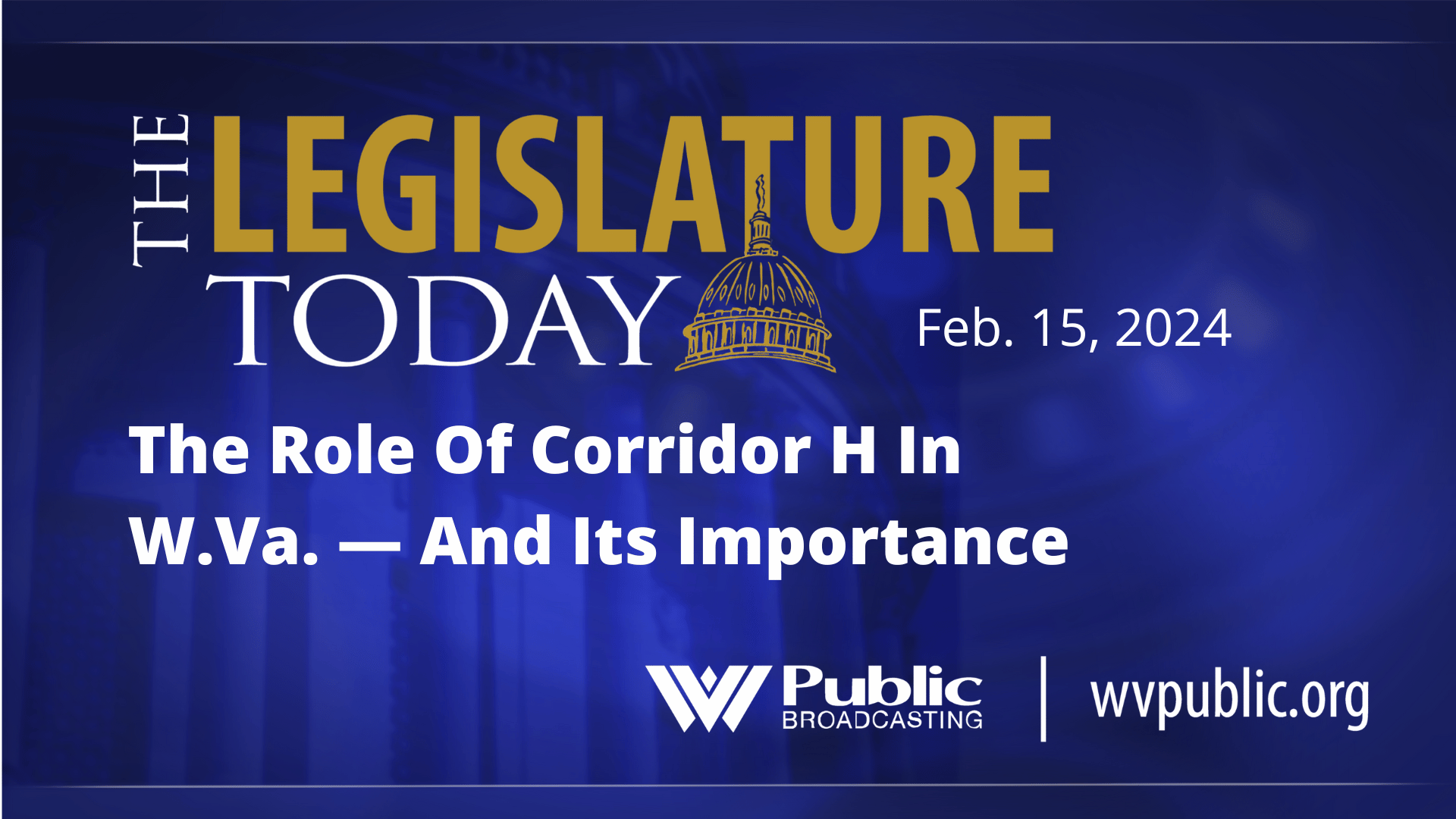The state government has been successful in attracting national corporations to set up shop in West Virginia. And, they say tourism jobs are ready to explode. The challenge now is filling thousands of positions that demand a wide variety of skill sets.
The state government has been successful in attracting national corporations to set up shop in West Virginia. And, they say tourism jobs are ready to explode. The challenge now is filling thousands of positions that demand a wide variety of skill sets.
Secretary of Economic Development Mitch Carmichael said the lion’s share of more than 3,000 jobs created in 2022 – highlighting work with companies like steelmaker Nucor and power storage company Form Energy – will require advanced manufacturing skills training. Most, but not all.
“It’s problem solving, critical thinking, those types of things that are inherent in any education environment,” Carmichael said. “A more liberal arts education environment. But then you get to the specific skill sets, it’s metalworking, it’s plumbing, it’s electrical, and this understanding of electrical circuitry, and its materials handling.”
Carmichael said what gives West Virginia an edge in workforce development is the opportunity to train any citizen of West Virginia at no cost in the community and technical college education system.
“We have a labor shed data portal that provides how many people are available in a particular location in West Virginia,” he said. “That data is applied to a program called West Virginia Invests. It was enacted several years ago that we provide that complete training on track for an employer, and they love the fact that we do this, and that we will work with the company to design the training program.”
West Virginia Chancellor for Higher Education Sarah Tucker said the West Virginia Invests program has taken the state into a new era of educational flexibility, partnering with more than 700 state businesses and industries.
“When a company comes in and says I need 500 employees, one of the first things that I do is say to them, okay, break down for me who those 500 employees are,” Tucker said. “They need HR directors; they need people who are able to perform the backroom functions. It has people who need Ph.D.s, in some instances, and people who just need basic skill sets. So there’s a large swath and people get really nervous about that big number, but once you start breaking it down to the categories, it becomes much more realistic to think about how we can supply that workforce. Then we offer those programs for free in our community and technical colleges.”
Tourism Secretary Chelsea Ruby said there are currently 70,000 people employed statewide in the hospitality industry. She says indicators show as many as 20,000 new openings annually over the next three years,
“About half of those jobs are in management level positions, with salaries approaching $60,000,” Ruby said. “So these are good paying jobs all across the state.”
Ruby said in tourism and hospitality workforce development, the plan is to spend about $5 million in federal grant dollars on specific areas of focus. The first is education, beginning with high schoolers.
“Making sure we have their curriculum developed in the schools, that we have pathways in place for students to start earning credit,” she said. ”And that we have curricula or that we have programs in our two year institutions across the state that are ready to take these students.”
Ruby said the second focus area is to work with employers to make sure that their current employees have the training that they need.
“That’s working through programs like the governor’s guaranteed workforce, and Learn and Earn,” Ruby said. “So really making sure employers have the dollars that they need to train their existing employees and to bring new ones in.”
Tucker said Learn and Earn is a 50/50 wage match program between the state of West Virginia and business and industry.
”If the company is willing to take essentially interns or apprentices from our community college programs, and have them work,” Tucker said. “That gives them real life work experience. That program has been highly successful.”
Ruby’s third point is developing an online tourism and hospitality industry education curriculum that folks across the state can use to get basic hospitality training. Tucker said there are several programs rolling out right now to meet the needs of the tourism industry, that again offer curriculum flexibility
“We ask, what positions are you looking for? What types of skill sets would you like for us to offer? And I think the programs that we develop and are in the course of developing are going to be programs that build on itself,” she said. “Because you may enter the hospitality industry at one level, and then decide that you want to move up and there needs to be buildable credentials and skill sets in order to do that.”
Heather Stevens, WVU’s Regional Research Institute Director, is one of many who believe on-the-job childcare is a must needed workforce recruiting and retaining incentive, especially for women.
“The reason that US labor force participation rates went way up, starting around the mid 70’s,” Stevens said. “Is that women entered the labor force at really high rates compared to the past. If you keep women out of the labor force, especially the sort of people who may have children, because of lack of access to childcare, you’re always going to have some sort of compression of your labor force participation rate.”
Many in West Virginia government roles believe government driven, industry partnered educational flexibility remains key to creating the needed West Virginia workforce for now, and the future.
——
This story is part of the series, “Help Wanted: Understanding West Virginia’s Labor Force.”
